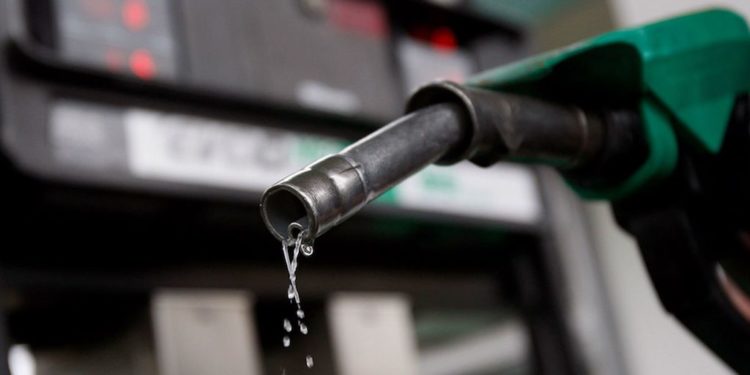Kenyans will have to dig deep into their pockets to buy fuel beginning midnight.
Despite a temporary court order barring implementation of the Finance Act 2023, Energy and Petroleum Regulatory Authority (EPRA) has recalculated the maximum pump prices that will be in force from 1st June to 14 July taking into account VAT at 16 per cent.
“As a result, the changes in the maximum allowed petroleum pump prices in Nairobi increases by Sh13.49, Sh12.39 and Sh11.96 per litre for Petrol, Diesel and Kerosene respectively,” said Daniel Kiptoo Bargoria, Director General, Energy and Petroleum Regulatory Authority (EPRA).
“The purpose of the regulation is to cap the retail prices of petroleum products which are already in the country so that importation and other incurred costs are recovered while ensuring reasonable prices to consumers,” he said.
EPRA said it has not received any order barring the authority from reviewing the prices upwards as per the Finance Act. The new law has increased tax on Super Petrol, Diesel and Kerosene from eight per cent to 16 per cent in part of government’s measures to finance Sh3.6 trillion 2023/4 budget.
Meanwhile High Court on Friday temporarily suspended the implementation of the Finance Act 2023. Lady Justice Mugure Thande noted in ruling that an application by Busia Senator Okia Omtatah met threshold for conservatory orders.
“I am satisfied that the application meets the test of conservatory orders and I do grant prayers 2 and 3 of the application until 5 July 2023 when the matter is scheduled for direction,” said Thande.
Apart from introducing 16 per cent on petroleum products, the Finance act also target Digital content creators who will also have to begin paying a 1.5% tax down from the earlier proposed 15% tax, a measure that is expected to increase the cost of doing business for players in the nascent digital content space.
Other painful tax measures contained in the finance bill 2023 include a new tax band for high-income earners as well as taxation of earnings from the betting and lottery business as well as advertisers of alcoholic beverages, a cost that is likely to be passed on to consumers.
Individuals with earnings between KSh 500,000-800,000, will now move up the tax net and pay income tax at the rate of 32.5% and those earning over KSh 800,000 per month to pay income tax at the rate of 35%. The move by the Treasury CS to introduce two new bands is to ensure equity by allowing high networth individuals to bring in their fair share of tax contributions.
The most contentious tax measure in the Act remains the 1.5% Housing Tax on the Gross Pay of all employed Kenyans.
finance Bill signed into law by President William Ruto (kenyanwallstreet.com)




